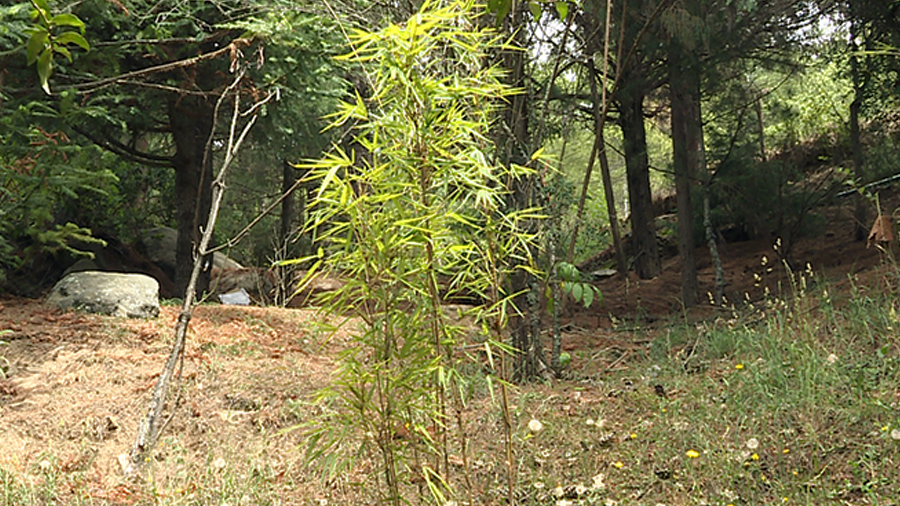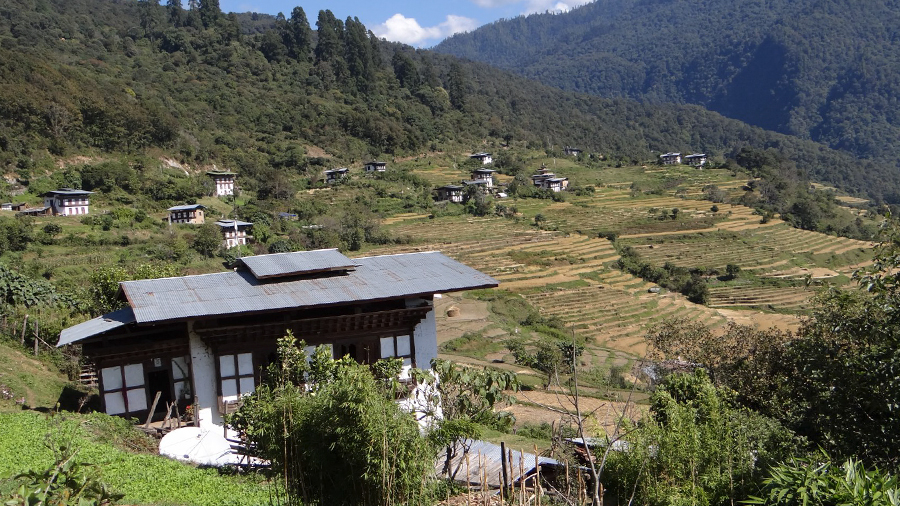
A recent study by a group of nine researchers has identified a bamboo species, native to Jalla village in Wangdue Phodrang’s Ruebisa Gewog as new to science. The bamboo, locally known as Dew Yangkha, is highly sought after for making arrows. The research paper highlights the need to expand the growth of the Dew Yangkha bamboo given its high value and demand in the national and international markets.
The bamboo, after its identification as a new species to science has been given the scientific name Yushania sagittifera. Sagittifera refers to an arrow in Latin.
Sangay Dorji, one of the lead researchers said that they are not discovering the species but only identifying and describing it.
“This reflects the fact that Bhutan has some very unique elements to its biodiversity and its culture. Also, it is conserving its biodiversity well for such unique plants to survive while the country is being developed in harmony with the environment,” said Sangay Dorji.
Sangay Dorji and the team visited the site at Tangka-Tsho near Jalla and studied the species since November 2019.
“It took almost five years because bamboo is a grass, and the classification of grass relies on flowers. But bamboo flowers are very rare, and may not bloom for a century or more, so plant collectors in the past usually did not look at bamboo unless they find it flowering by chance.”
 In Jalla village, bamboo is found growing in and around every house and the people of Jalla, for ages, have been producing quality arrows from the Dew Yangkha bamboo.
In Jalla village, bamboo is found growing in and around every house and the people of Jalla, for ages, have been producing quality arrows from the Dew Yangkha bamboo.
“But for now, I can only suggest people of Jalla expand their cultivation on a larger scale as part of an ex-situ community plantation. I would also suggest they protect the Tangka-Tsho area to restore its natural habitat, and we can even have it planted more in our botanical garden.”
With the identification of the new bamboo species, there are a total of seven Yushania bamboo species in the country.
According to researchers, there is scope to identify more bamboo species in the country.
Devika Pradhan & Kinley Wangchuk
Edited by Sherub Dorji









